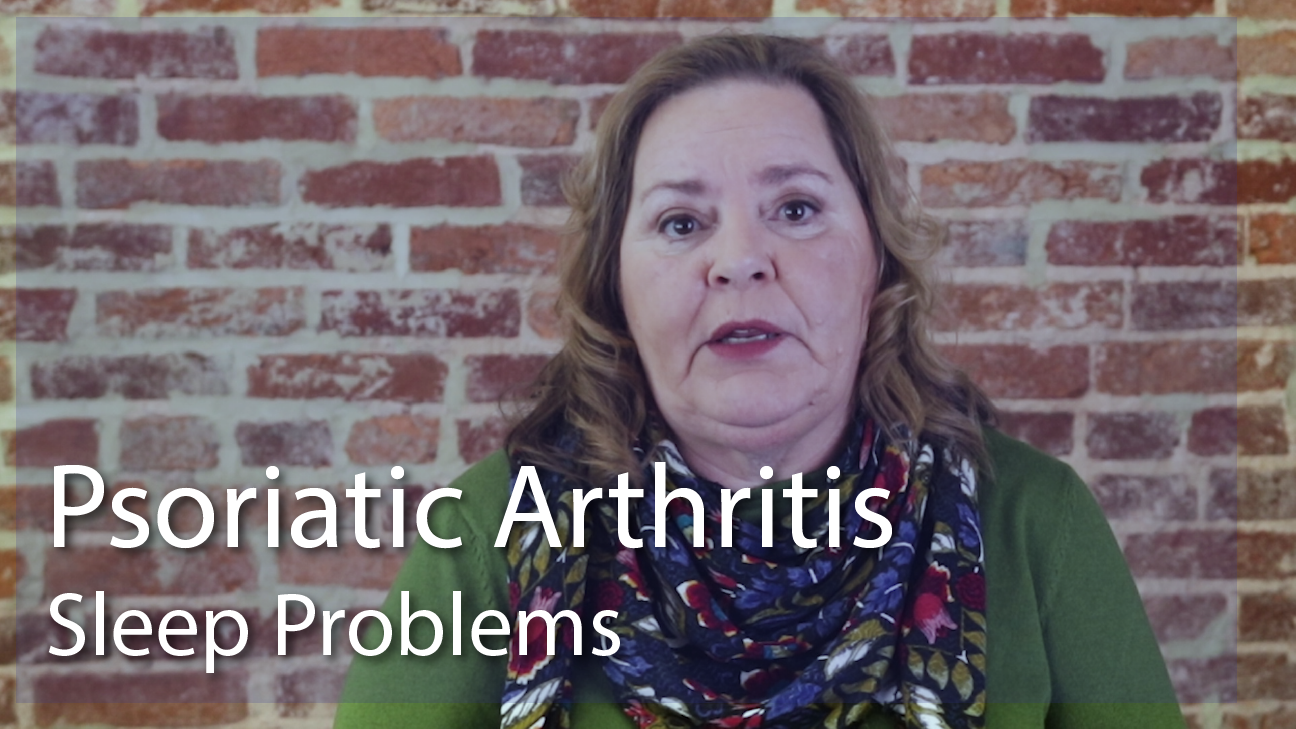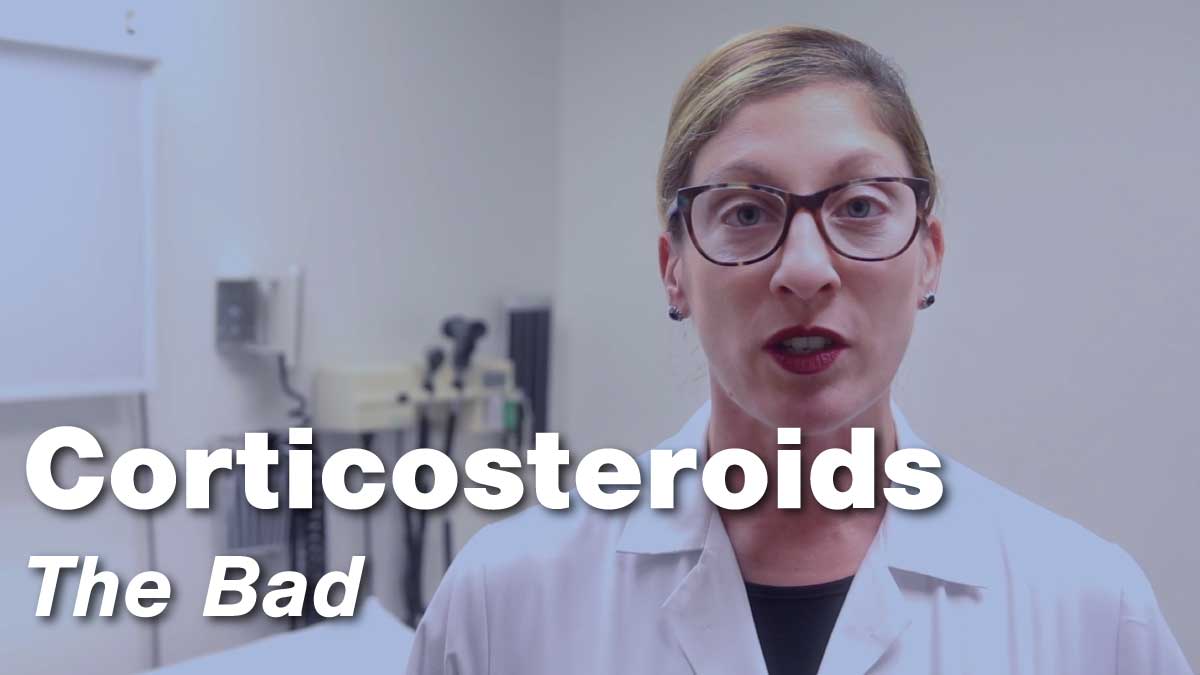
Exercise, stress management, and open communication with your rheumatologist can help you live a healthy, normal life with RA. In our final video of this series, Vicky Ruffing, RN-BC, talks […]

Sleep problems can occur in patients with psoriatic arthritis. While there are unfortunately many causes of these problems, there are also many solutions. In this video, Victoria Ruffing, RN, BC, the director of patient education at Johns Hopkins Rheumatology, discusses ways to combat sleeplessness and feel more restful throughout the day.

While corticosteroids are a great tool for decreasing inflammation and allergic reactions, some patients may experience side effects. It is important to communicate with your doctor about any negative effects that you may experience. In this video, Dr. Rebecca Manno explains what to look out for while taking corticosteroids.